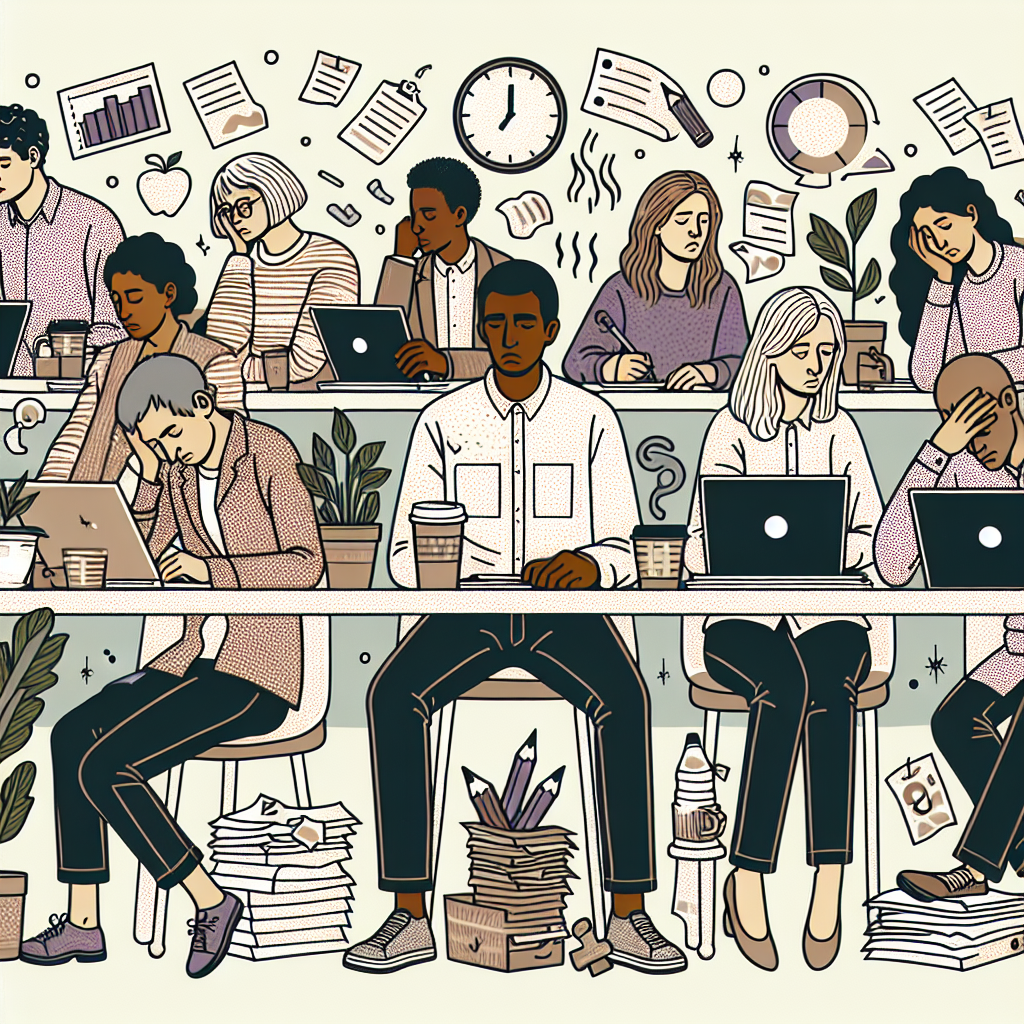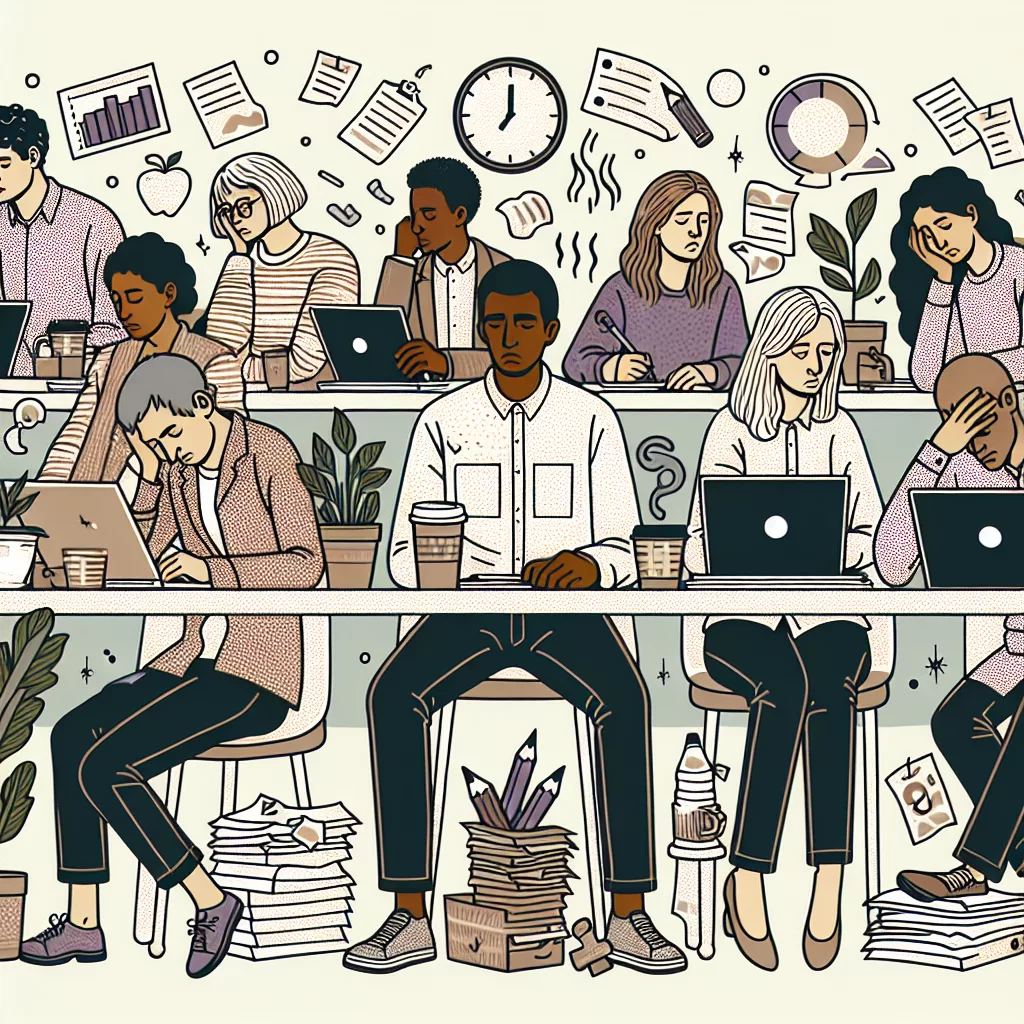Social workers face a high burnout rate due to emotional demands, high caseloads, and resource constraints, posing challenges for maintaining personal well-being.

- High emotional demands from clients’ challenging situations.
- Large case loads leading to increased stress.
- Limited resources to meet clients’ needs effectively.
- Frequent exposure to trauma and crisis situations.
- Administrative tasks taking time from direct service work.
- Need for continual professional empathy and patience.
- Inadequate support and recognition for the work done.
Research into career burnout statistics for social workers indicates that the extent is severe.
Reasons Social Workers burnout
According to the science to date there are key reasons people burnout at work. Here’s our top reasons why Social Worker in the Healthcare category has a burnout risk of Severe:
As a social worker, you might experience burnout for several reasons. One significant factor is the emotional exhaustion that comes from dealing with clients’ intense, and often traumatic, personal issues. Consistently managing other people’s crises can deplete your emotional resources over time.
Another contributing factor is the high workload. Social workers often face heavy caseloads and high-pressure environments, where resources are limited and demands keep increasing. This workload can lead to physical and mental fatigue, making it difficult for you to maintain high standards of care.
Lack of control over your work can also be a source of stress. Often, regulations, agency policies, and bureaucratic constraints can limit your ability to make decisions that you believe are in the best interests of your clients. This lack of autonomy can contribute to feelings of frustration and helplessness.
Moreover, feelings of low professional support can heighten burnout. If you feel unsupported by supervisors or lack a collaborative team environment, you might find it challenging to manage stress effectively. Regular supervision and teamwork can mitigate feelings of isolation.
Lastly, dealing with ethical dilemmas frequently can be taxing. You may encounter situations where your moral beliefs conflict with what is legally or procedurally required. Navigating these dilemmas regularly can weigh heavily on your mental well-being.
Burnout rate data for Social Worker/Healthcare
Burnout is a significant concern in healthcare, especially among social workers. The role often involves high stress due to emotional challenges and workload. Research indicates that healthcare professionals, including social workers, experience burnout more frequently than other careers.
The Journal of Social Work provides comprehensive data that states workload, lack of control, and insufficient reward contribute to burnout. Another reputable source, the National Institute for Occupational Safety and Health, highlights that burnout also leads to decreased quality of care and higher turnover rates. You can read more about these findings (https://journals.sagepub.com/home/jsw) and (https://www.cdc.gov/niosh/topics/stressburnout/).
Do you have experience of Burnout as a Social Worker or in Healthcare?
Share your story about Social Worker burnout on our share your story page.
Burnout in Healthcare
Career Burnout Rates > Burnout in Healthcare > Social Worker Burnout


